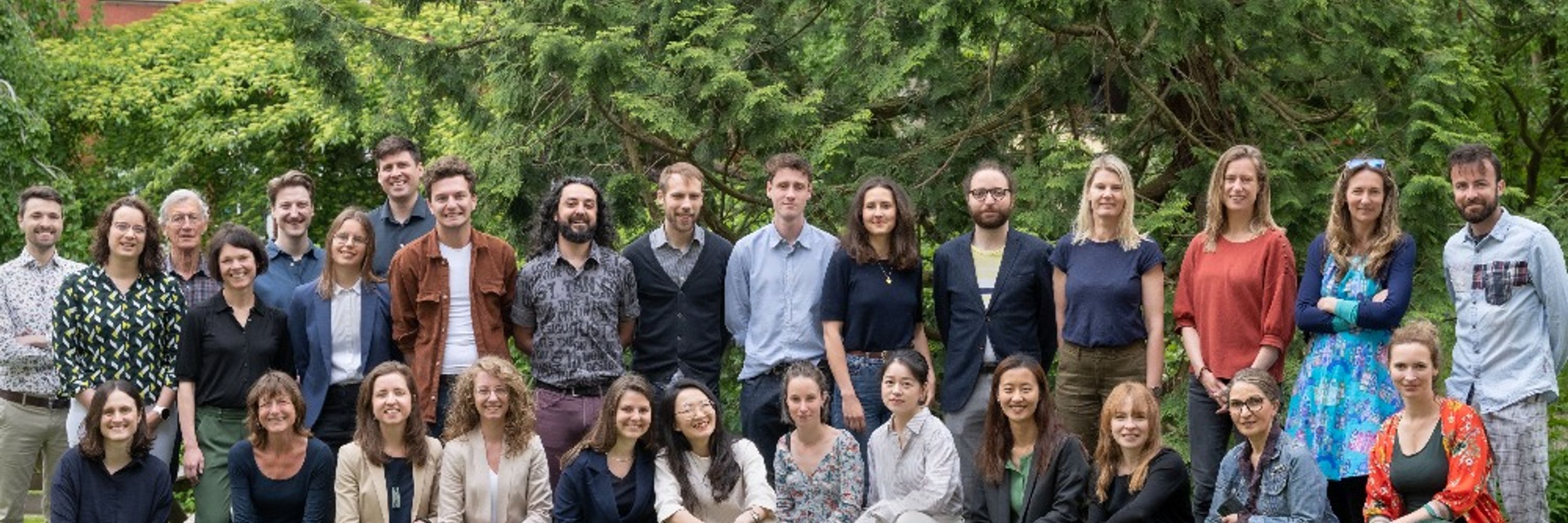Environmental Psychology Groningen
@epgroningen.bsky.social
730 followers
710 following
430 posts
Environmental Psychology department at the Faculty of Behavioural and Social Sciences at the University of Groningen 🍃
Posts
Media
Videos
Starter Packs
Pinned
Reposted by Environmental Psychology Groningen
Reposted by Environmental Psychology Groningen
Reposted by Environmental Psychology Groningen
Reposted by Environmental Psychology Groningen

















